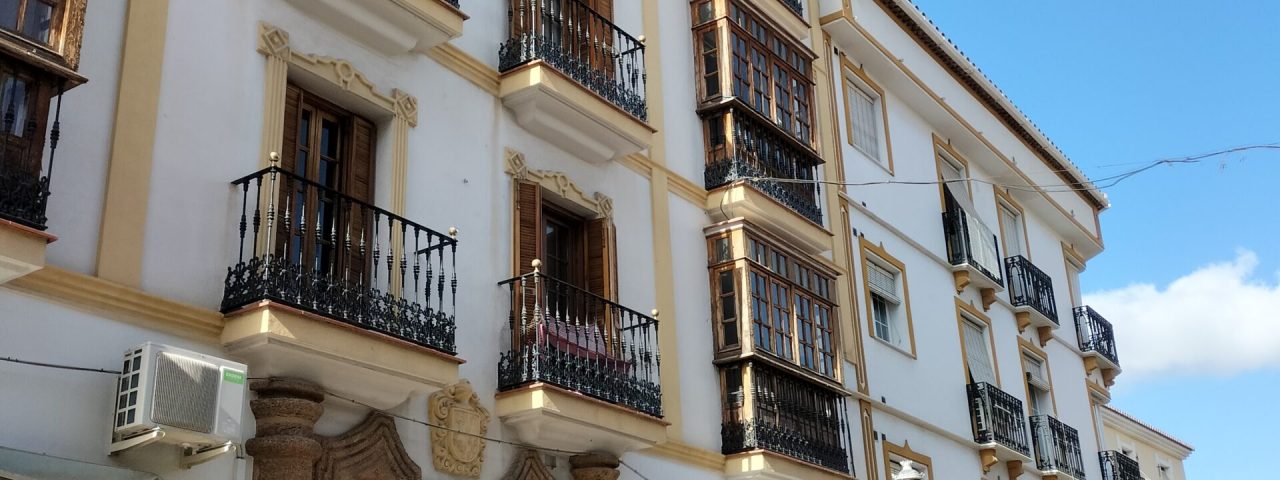Coín boasts a rich historical tapestry that spans centuries, reflecting the diverse cultural influences that have shaped Andalusia. The town’s history dates back to Roman times, when it was known as “Lacibis,” an important settlement in the region. During the Moorish era, Coín thrived under Islamic rule, becoming a hub for agriculture, trade, and craftsmanship. The Moors left a lasting imprint on the town’s architecture and traditions, many of which are still evident today.
Following the Christian Reconquest in the 15th century, Coín evolved into a thriving agricultural town. Today, it retains its deep-rooted cultural heritage, celebrating numerous festivals and events that showcase its historical influences. One of the town’s most notable cultural events is Semana Santa (Holy Week), which features religious processions and a rich display of local devotion. The Feria de Coín, held in August, is another highlight, where locals and visitors come together to enjoy traditional music, dancing, and gastronomy.
Local customs such as flamenco dancing, bullfighting, and Andalusian horse shows are also integral to Coín’s cultural landscape. The town is proud of its traditions, many of which are passed down through generations and celebrated in vibrant street festivals throughout the year.

